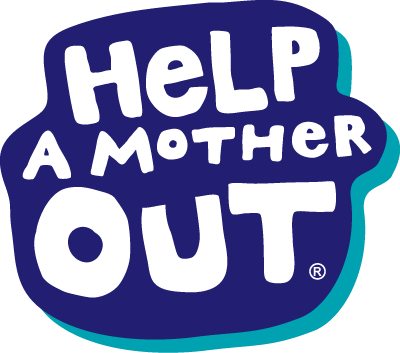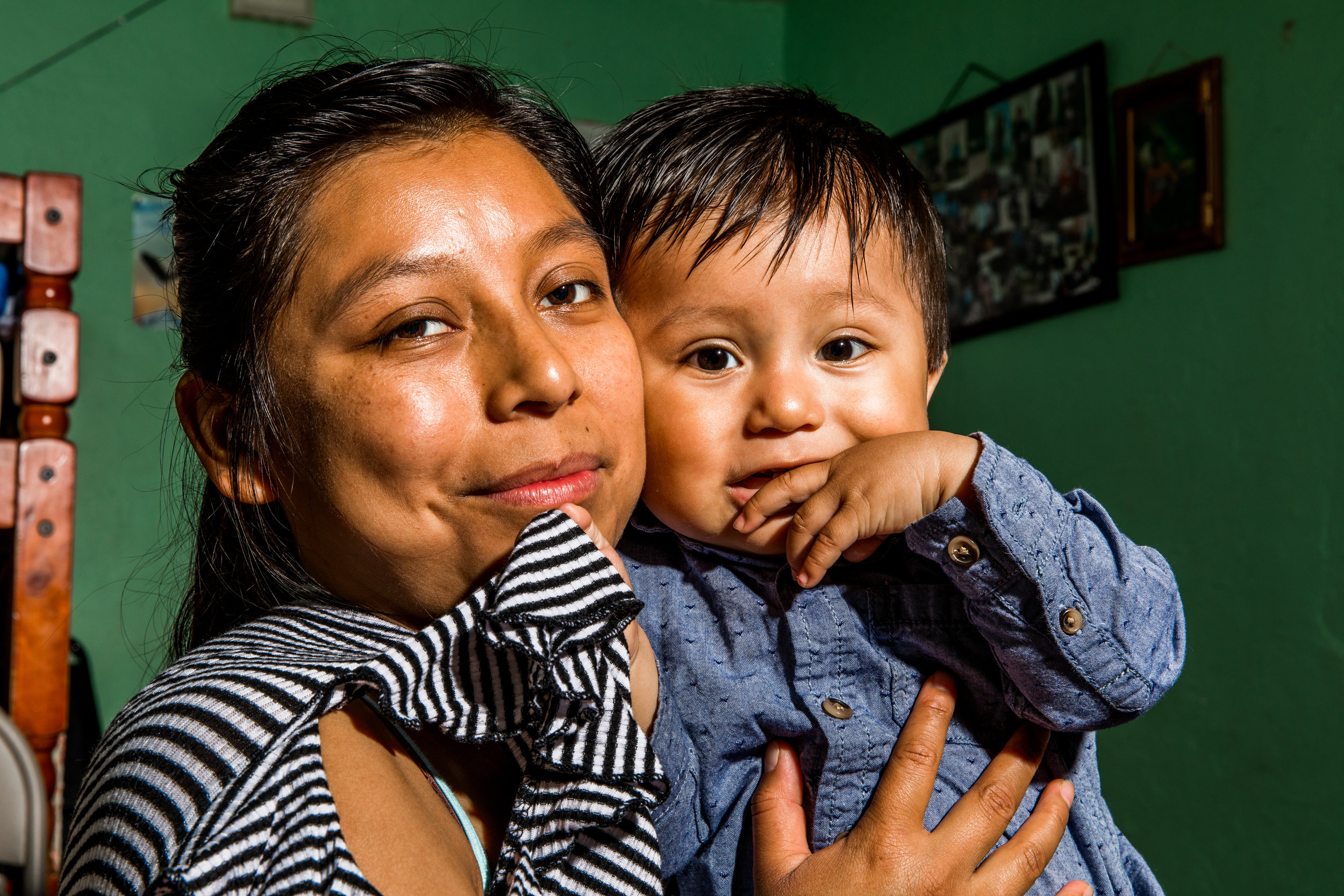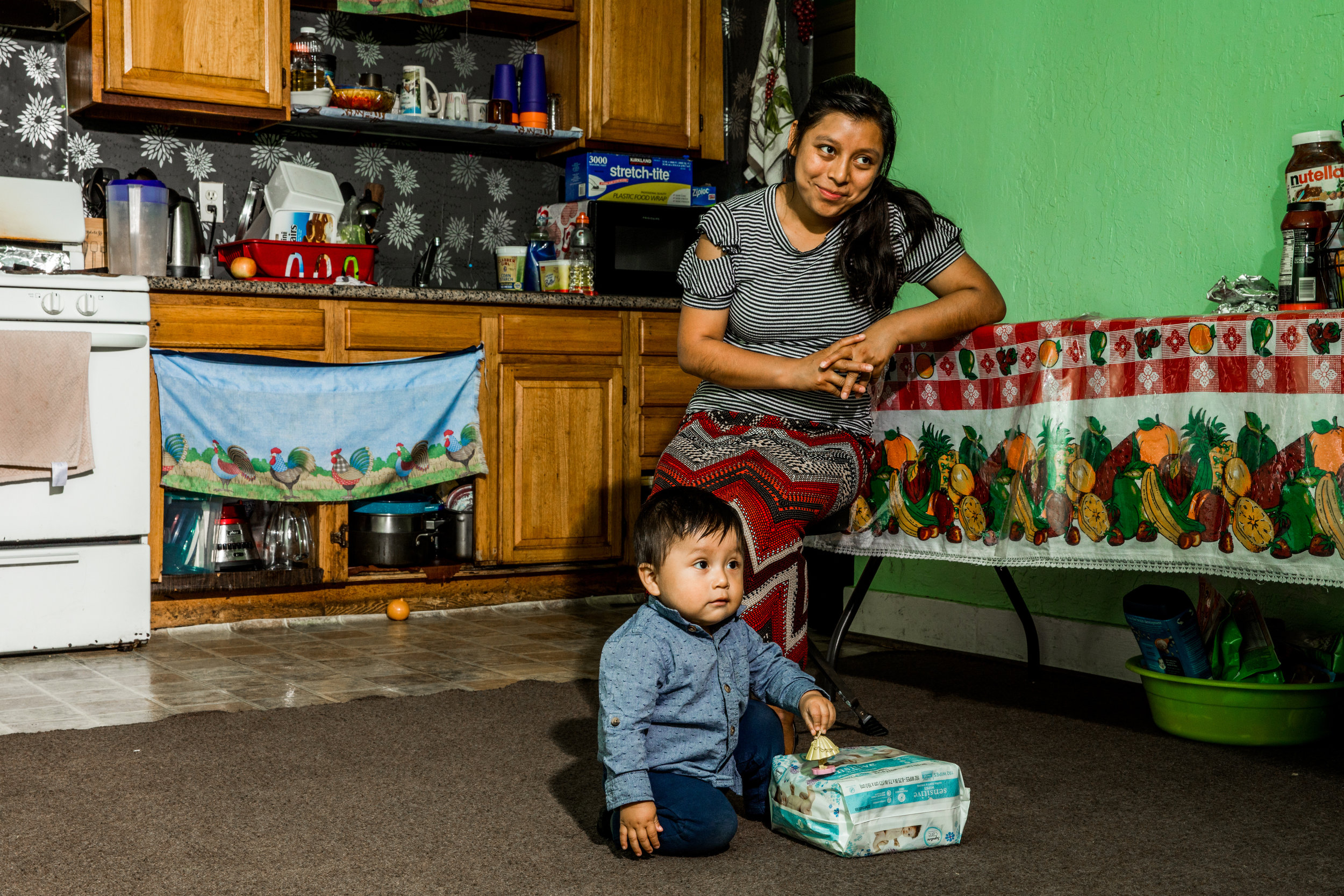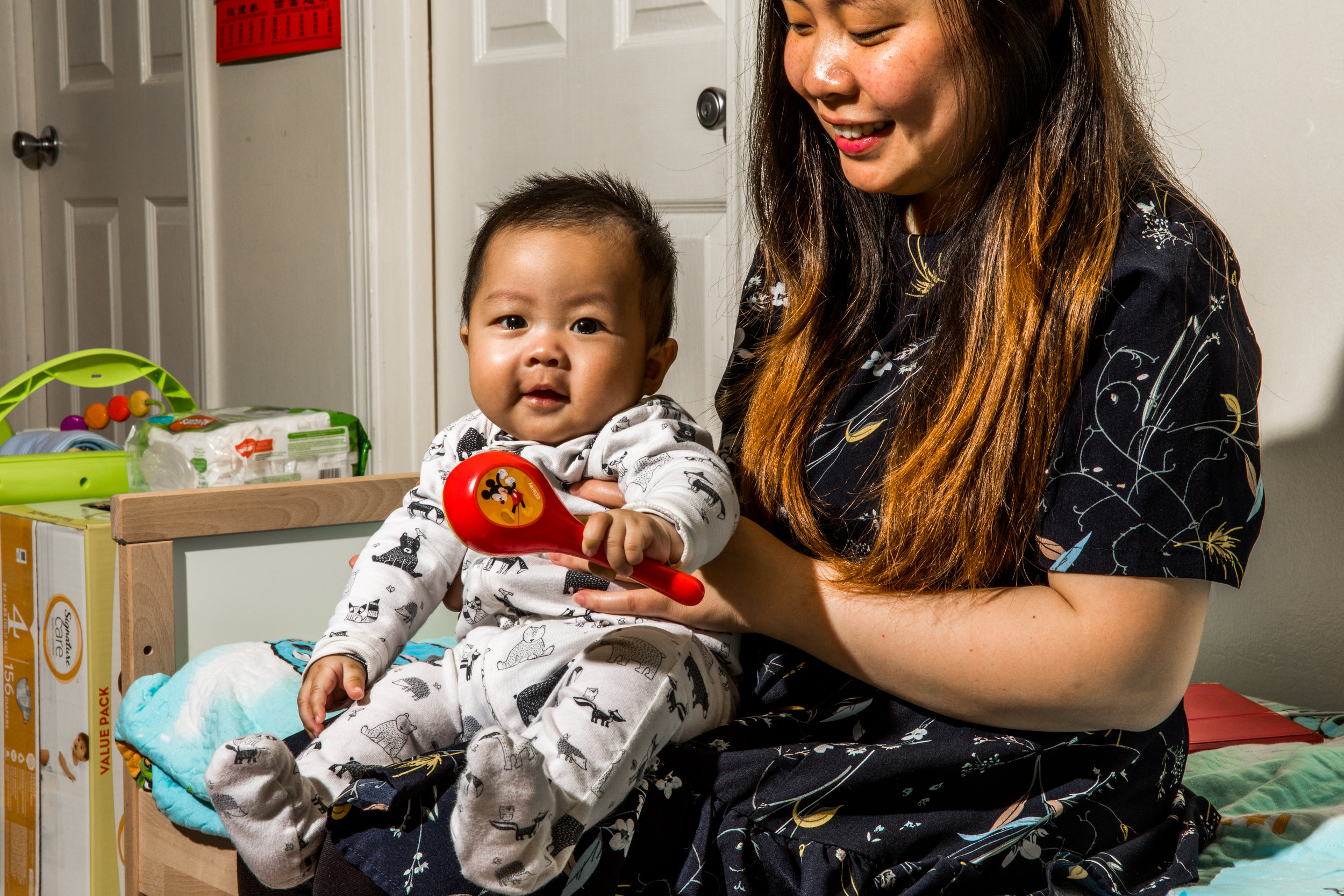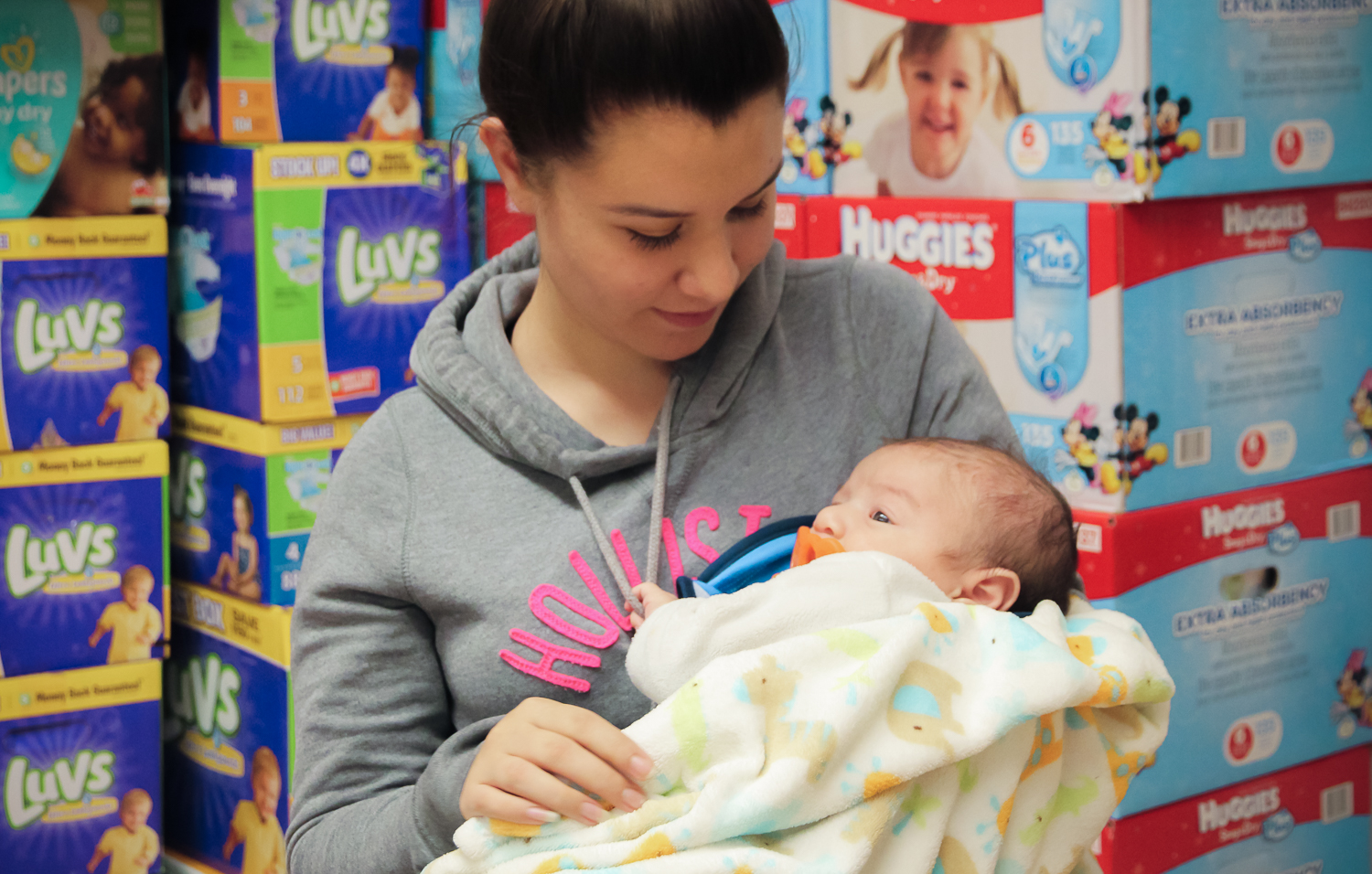FOR IMMEDIATE RELEASE
November 13, 2019
Contact:
Chandra Johnson, San Francisco Human Services Agency
(415) 557-5940 cajohnson@sfgov.org
Michelle Cox, Help a Mother Out
(415) 823-7574 michelle@helpamotherout.org
SAN FRANCISCO ANNOUNCES FREE DIAPER PROGRAM FOR FAMILIES WITH YOUNG CHILDREN WHO RECEIVE CALFRESH FOOD ASSISTANCE
Nation’s first publicly funded diaper bank expands to nutrition safety net program, doubling the number of free diapers available to City babies
SAN FRANCISCO – San Francisco is now the first county in the nation to provide free diapers as a supplementary benefit for families who receive CalFresh food assistance, known at the federal level as the Supplemental Nutrition Assistance Program (SNAP). The announcement comes from the San Francisco Diaper Bank, a partnership between the Human Services Agency (HSA) and Help a Mother Out (HAMO), that provides a free monthly supply of diapers to residents with children under age three who participate in CalWORKs and, starting in November, CalFresh.
Diaper need, known as the lack of sufficient diapers to keep infants and young children dry, comfortable, and healthy, is a common, distressing, and often hidden issue for low-income parents. Nationally, one in three families struggles with diaper need.
The average monthly diaper bill for a child under age three can range from $80 – 100 per month. Yet, for the most part, social safety net programs for families do not recognize diapers as a necessity. The cost of diapers is not an allowable expense under federal programs that provide food assistance to young children like SNAP or Women, Infants, and Children (WIC).
“We must ensure every child in California is off to a great start. From health problems to being shut out of childcare programs, having little or no access to clean diapers can be hard on families and impact the outcome of a child’s life,” said Assemblymember Phil Ting (D-San Francisco), Chair of the Assembly Budget Committee. “As a father, I know firsthand the reach the Diaper Bank will now have as a result of the increase in state funding.”
California is a leader in pursuing policy strategies to reduce diaper need. The Diaper Bank expansion to CalFresh households in San Francisco is made possible by a $2.5 million grant awarded to HAMO in support of diaper access programs in the Bay Area by the California Department of Social Services. The program expansion doubles eligibility to 2,500 San Francisco children whose families currently receive CalWORKs or CalFresh benefits for cash, employment, or food assistance from HSA.
In 2015, HSA and nonprofit partner HAMO established the first publicly funded diaper bank in the United States to improve access to diapers. The Diaper Bank has distributed more than three million diapers to San Francisco families. An annual retail value of $500,000 in diaper supplies is projected for distribution to CalWORKs and CalFresh participants.
“We began to notice convenience stores in certain communities breaking down diaper boxes and marking them up for individual sale. This is a real eye-opening example of people trying to manage the high cost of diaper packages. No one should profit from hard-working families trying to keep up with day-to-day expenses,” said Trent Rhorer, Executive Director of the San Francisco Human Services Agency. “Expanding the Diaper Bank frees up more money in household budgets to put food on the table, pay for housing, and other essentials.”
“Choosing between a clean diaper for your baby and rent, food, or transportation is a choice no parent should have to make, yet it’s a choice many in our community face daily,” said Lisa Truong, Founder and Executive Director of Help a Mother Out. “We believe diapers should be part of the social safety net, and the San Francisco Diaper Bank is an important step in that direction.”
CalFresh monthly benefits in San Francisco start at $16, with a household of four receiving about $425 in food assistance. Families that qualify for the lower range of assistance can still benefit from free monthly diaper supplies, a value of about $80 per month for each child under age three.
More than 4,000 children in San Francisco live in households that have an annual income below the California Poverty Measure. These households are among those most at risk of diaper need. Families with young children are encouraged to apply for CalWORKs and CalFresh to take advantage of diaper benefits and other vital support services.
“It costs like $25 for one box of diapers. I remember the time when I had to decide between buying milk and buying diapers. No parent should have to go through that. You have no idea what this program has meant for me,” said San Francisco Diaper Bank participant Hanen Bouzidi.
Families who receive CalWORKs and CalFresh in San Francisco can visit one of nine community pick up locations to request free diapers. Program participants are required to show their EBT card and a valid government issued ID card. Participation in the Diaper Bank will not reduce monthly benefit amounts for food and cash assistance. For questions, call: CalWORKs (415) 557-5100 or CalFresh (415) 558-4700.
San Francisco Diaper Bank distribution sites include HSA service centers, the Bayview Hunters Point YMCA, Children’s Council of San Francisco, Compass Connecting Point, OMI Family Resource Center, and Visitation Valley Strong Families.
For more information, visit: www.sfdiaperbank.org
To apply for CalWORKs or CalFresh, visit www.sfhsa.org
About Help a Mother Out (HAMO)
Help a Mother Out (HAMO) works to improve baby and family well-being by increasing access to diapers for families in need. In addition to running the San Francisco Diaper Bank, the nation’s first publicly funded diaper bank, we distribute diapers to families in need through our Bay Area Diaper Bank program, which is a distribution network of social service partners including family resource centers, voluntary home visiting, facilitated parent support groups, homeless and foster children services, public health departments and others across the Bay Area. HAMO has distributed more than 10 million diapers since its founding by two Bay Area moms in 2009. HAMO is a 501(c)3 non-profit organization, with donation opportunities available at www.helpamotherout.org.
About the San Francisco Human Services Agency
The Human Services Agency (HSA) administers a wide range of supportive services dedicated to helping San Franciscans achieve their full potential through all stages of life. The Agency delivers a safety net of protective services and public benefits that are designed to meet the unique needs of low-income individuals, children and families, older adults, and adults with disabilities. HSA provides help through cash assistance, food and nutritional support, health insurance, and supportive housing, among other services.
